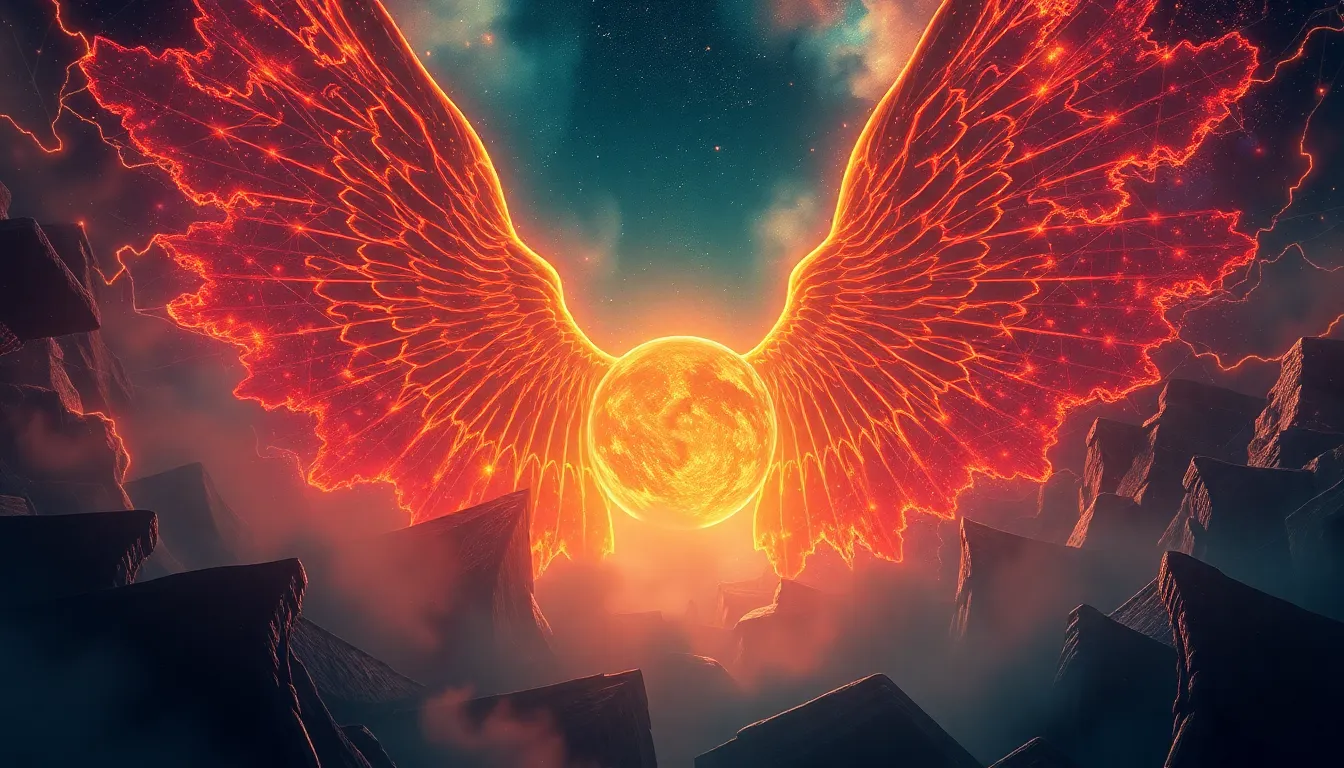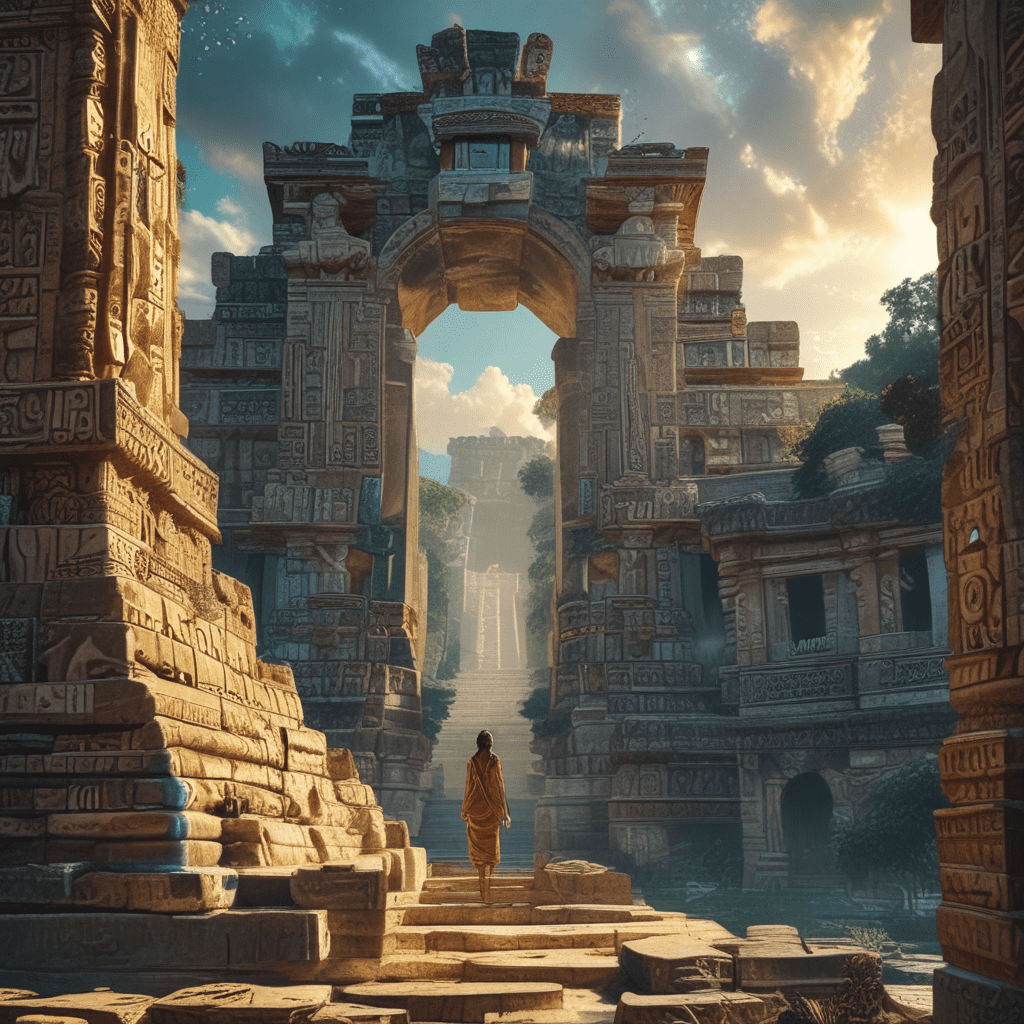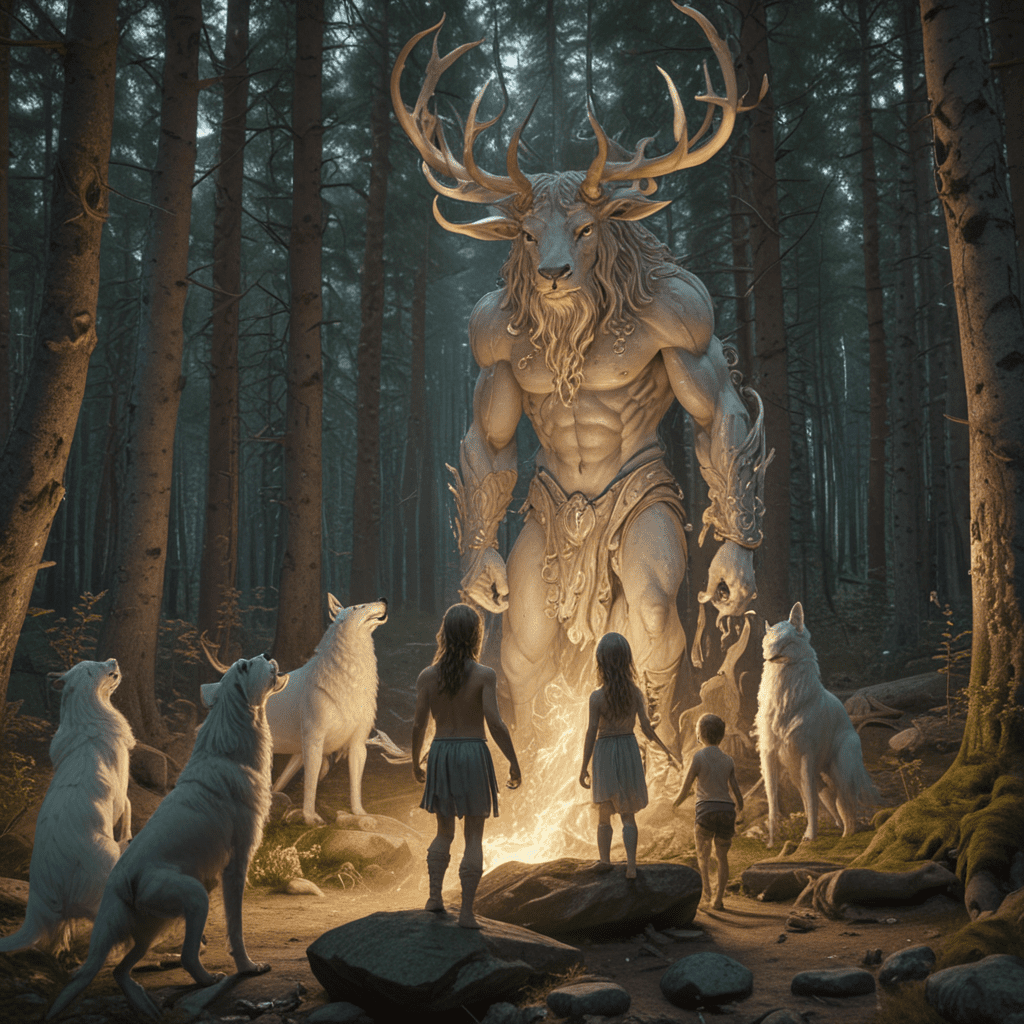Cultural Heroes: The Legends That Shape Our Future
I. Introduction
Cultural heroes are figures who inspire and influence society through their actions, beliefs, and values. They often embody the ideals and aspirations of a community, serving as role models for future generations. The importance of cultural heroes in society cannot be overstated; they help to shape our collective identity, provide motivation for social change, and reflect the values of their time. This article will explore the influence and legacy of cultural heroes, examining their roles in shaping identities, social movements, and the evolving narratives of heroism in the modern world.
II. The Concept of a Cultural Hero
A. Characteristics of Cultural Heroes
Cultural heroes typically possess certain characteristics that endear them to the public. These include:
- Charisma: A compelling presence that draws people in.
- Bravery: The willingness to confront challenges and adversity.
- Integrity: A strong moral compass and adherence to principles.
- Vision: The ability to inspire others with a clear and hopeful future.
B. Historical vs. Modern Interpretations
The interpretation of what constitutes a cultural hero has evolved over time. Historically, heroes were often military leaders or religious figures, celebrated for their bravery and sacrifices. In modern times, cultural heroes may also include activists, artists, and everyday individuals who make significant contributions to society.
C. Examples of Cultural Heroes Across Different Cultures
Across different cultures, we find a rich tapestry of cultural heroes, including:
- Nelson Mandela: A symbol of resistance against apartheid in South Africa.
- Mahatma Gandhi: Known for his non-violent approach to social change in India.
- Frida Kahlo: An iconic artist whose work and life challenge societal norms in Mexico.
- Malala Yousafzai: An advocate for girls’ education and the youngest Nobel Prize laureate.
III. The Role of Cultural Heroes in Shaping Identity
A. Influence on National and Cultural Identity
Cultural heroes play a vital role in shaping national and cultural identities. Their stories often reflect the shared history and values of a community, fostering a sense of pride and belonging among its members.
B. How Heroes Reflect Societal Values and Norms
The heroes we celebrate often mirror the values and norms of the society they inhabit. For instance, during periods of social upheaval, figures who advocate for justice and equality become prominent heroes, while in times of peace, those who contribute to cultural or intellectual advancement may take center stage.
C. Case Studies: Heroes from Various Cultures
Examining case studies of heroes from various cultures highlights the diversity of heroism:
- Harriet Tubman: An American abolitionist who risked her life to lead enslaved people to freedom.
- Sun Tzu: An ancient Chinese military strategist whose teachings on strategy and leadership continue to influence modern thought.
- Emmeline Pankhurst: A British political activist who played a significant role in women’s suffrage.
IV. The Impact of Cultural Heroes on Social Movements
A. Historical Figures and Their Contributions to Change
Historical figures like Martin Luther King Jr. and Rosa Parks have left indelible marks on social movements, particularly the Civil Rights Movement in the United States. Their courage and commitment to justice mobilized countless individuals to advocate for equality and civil rights.
B. Modern Activists as Cultural Heroes
In contemporary society, activists such as Greta Thunberg and Tarana Burke have emerged as cultural heroes, highlighting pressing issues like climate change and social justice. Their actions inspire a new generation to engage in activism and advocacy.
C. The Ripple Effect: Inspiration and Mobilization
The impact of cultural heroes extends beyond their immediate actions. They inspire movements and instill a sense of purpose in their followers, creating a ripple effect that can lead to widespread social change.
V. The Evolution of Cultural Heroes in the Digital Age
A. Social Media and the Rise of New Heroes
The advent of social media has transformed the landscape of cultural heroism. New heroes can emerge overnight, gaining followers and supporters through platforms like Twitter, Instagram, and TikTok.
B. The Role of Technology in Hero Narratives
Technology allows for the rapid dissemination of stories about cultural heroes. As narratives spread, they can shape public perception and mobilize support for various causes.
C. Challenges and Opportunities of Digital Cultural Heroes
While the digital age presents opportunities for new heroes, it also poses challenges. The potential for misinformation and the fleeting nature of online fame can undermine the lasting impact of these figures.
VI. Critique and Controversy Surrounding Cultural Heroes
A. The Problem of Idealization and Mythologizing
Cultural heroes are often idealized, creating a mythologized version of their lives that can overshadow their human flaws. This process can lead to unrealistic expectations and disappointment when these figures fall short.
B. Evaluating Flaws and Failures of Cultural Heroes
It is essential to acknowledge that cultural heroes are not infallible. Examining their flaws and failures can provide a more nuanced understanding of their contributions and the complexities of heroism.
C. The Shift in Perspectives: Reexamining Our Heroes
As societal values evolve, so too does our understanding of heroism. Reexamining cultural heroes through a critical lens allows us to appreciate their contributions while recognizing their shortcomings.
VII. Cultural Heroes in Literature and Media
A. Representation of Heroes in Literature, Film, and Art
Literature, film, and art play significant roles in shaping the representation of cultural heroes. These mediums can either reinforce or challenge existing narratives about heroism.
B. The Influence of Storytelling on Perceptions of Heroism
Storytelling has the power to influence how we perceive heroes, shaping public opinion and collective memory. The narratives we tell about our heroes can inspire or disillusion future generations.
C. Emerging Narratives: Diverse Voices and Perspectives
Emerging narratives in media increasingly reflect diverse voices and perspectives, challenging traditional notions of heroism and highlighting underrepresented figures.
VIII. Teaching and Learning from Cultural Heroes
A. Incorporating Heroes into Educational Curricula
Educational curricula can benefit from incorporating cultural heroes, providing students with relatable figures who exemplify resilience, creativity, and social responsibility.
B. Fostering Critical Thinking about Heroism
It is crucial to foster critical thinking about heroism, encouraging students to analyze the complexities of cultural heroes and the contexts in which they emerge.
C. The Role of Cultural Heroes in Shaping Future Generations
Cultural heroes can inspire future generations to engage with the world around them, promoting values like empathy, justice, and activism.
IX. The Future of Cultural Heroes
A. Predictions for Emerging Figures and Movements
As society continues to evolve, new figures and movements will emerge as cultural heroes. These individuals will likely address contemporary challenges such as climate change, social justice, and inequality.
B. The Role of Globalization in Hero Narratives
Globalization has interconnected cultures, leading to the exchange of ideas and the emergence of heroes who resonate across borders. This interconnectedness can amplify the impact of cultural heroes worldwide.
C. The Potential for New Heroes to Address Contemporary Issues
New heroes will have the opportunity to address pressing contemporary issues, using their platforms to advocate for change and inspire action on a global scale.
X. Conclusion
In conclusion, cultural heroes play a vital role in shaping our society, influencing identities, and inspiring social movements. As we navigate the complexities




